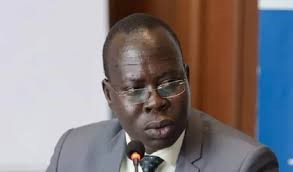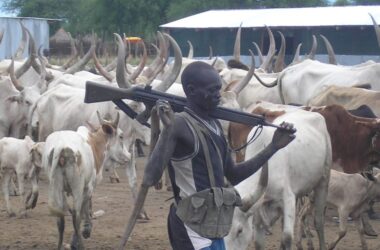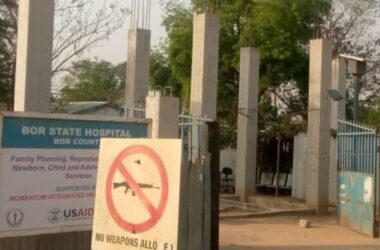By Kei Emmanuel Duku
South Sudan’s President, Salva Kiir Mayardit has issued a stern warning to corrupt government officials, declaring the practice, a “non-negotiable vice”.
The President made the remarks on Wednesday, July 16, during re-opening of the Revitalized Transitional National Legislative Assembly, after over six months’ recess.
The Head of State highlighted that the pervasive corruption within government institutions is significantly undermining the country’s ability to deliver critical social services to the public.
While President Kiir did not specify exact methods his administration would employ to crack down on corrupt civil servants, he emphasized that fiscal discipline and strong financial management are key pillars for the nation’s economic recovery.
With the country’s new budget has yet to be approved, as Members of Parliament were on recess when the last financial year (2024/25) concluded on June 30, 2025.
Addressing lawmakers at the August House on Wednesday morning in Juba, President Kiir directed policymakers to endorse the 2025/26 budget. This budget, he stressed, should reflect the country’s core priorities: economic growth, the delivery of essential social services, and the creation of political stability necessary for South Sudan to conduct free and fair democratic elections in December 2026.
The President also underscored the importance of diversifying revenue sources, moving away from an over-reliance on oil. Kiir stated that South Sudan’s viable economic path lies in developing sectors such as fisheries, mining, trade, infrastructure, and human capital.
Kiir noted that the halt in oil production and export due to the conflict in Sudan significantly impacted the country’s revenue generation, consequently affecting the government’s ability to pay salaries promptly.
However, the Head of State added that with the resumption of oil production and export, South Sudan’s economy is steadily moving towards stability. He reiterated the government’s commitment to timely salary payments for organized forces and civil servants, aiming to ensure the full restoration of essential public services.
Furthermore, President Kiir emphasized the need for South Sudan to strengthen its bilateral relationships with Sudan and other countries to boost trade and commerce. He cited the presence of Sudanese refugees in the country as an important element in fostering South Sudan-Sudan trade relations.




